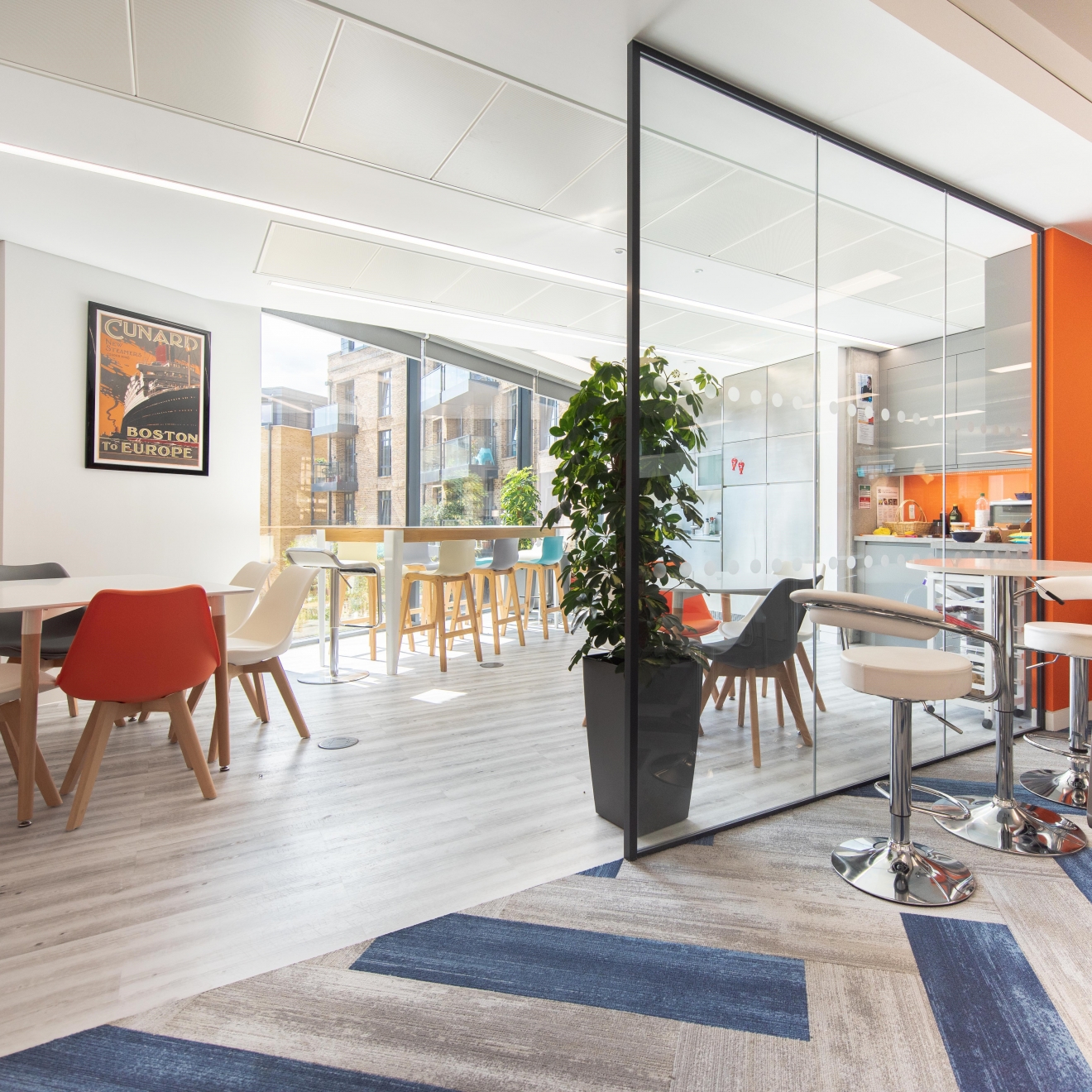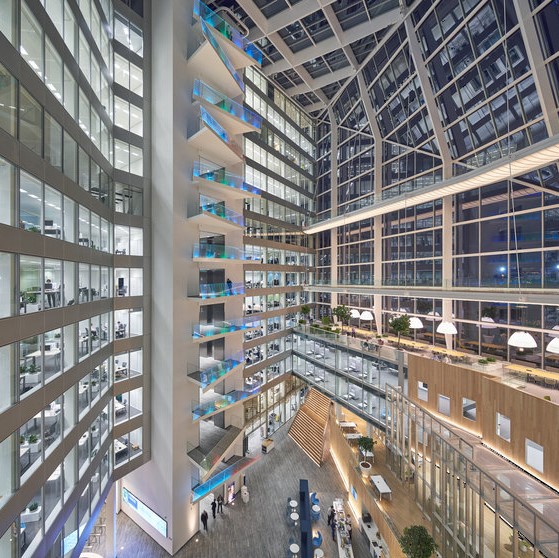October 16, 2019
Women still face broken rungs on the career ladder
 More women than ever before occupy senior executive positions, but true gender parity hasn’t yet been reached and women continue to face unique challenges in their careers according to the latest Women in the Workplace Report from LeanIn.Org and McKinsey & Company. This year’s study—which is based on data and insights from 329 companies employing over 13 million people and more than 68,500 employees—identifies a key point on the corporate ladder where women lose the most ground: the first step up to manager. If companies fixed this broken rung, it could add one million more women to management in corporate America over the next 5 years. (more…)
More women than ever before occupy senior executive positions, but true gender parity hasn’t yet been reached and women continue to face unique challenges in their careers according to the latest Women in the Workplace Report from LeanIn.Org and McKinsey & Company. This year’s study—which is based on data and insights from 329 companies employing over 13 million people and more than 68,500 employees—identifies a key point on the corporate ladder where women lose the most ground: the first step up to manager. If companies fixed this broken rung, it could add one million more women to management in corporate America over the next 5 years. (more…)





































October 10, 2019
The unexpected benefits of not saying sorry
by Sean O'Meara • Comment